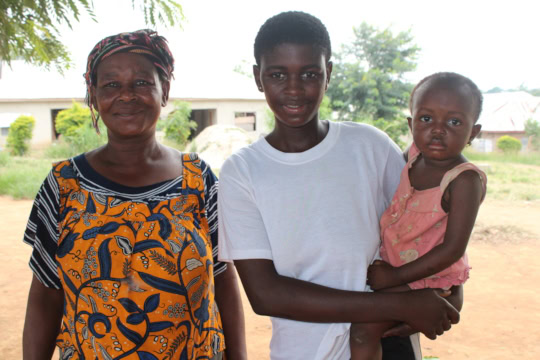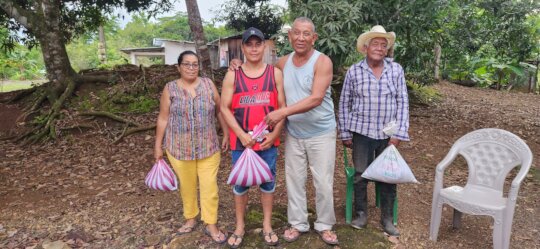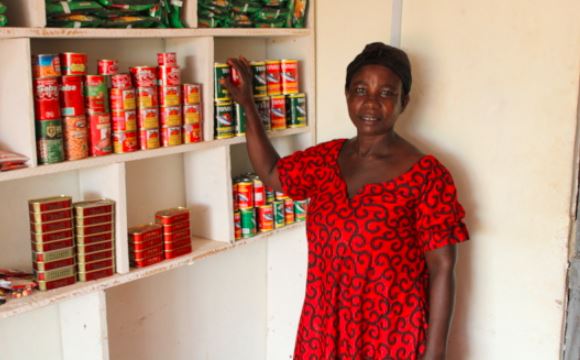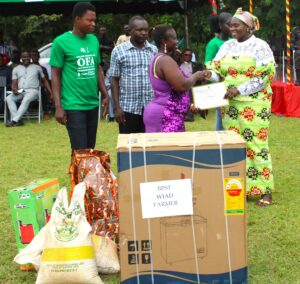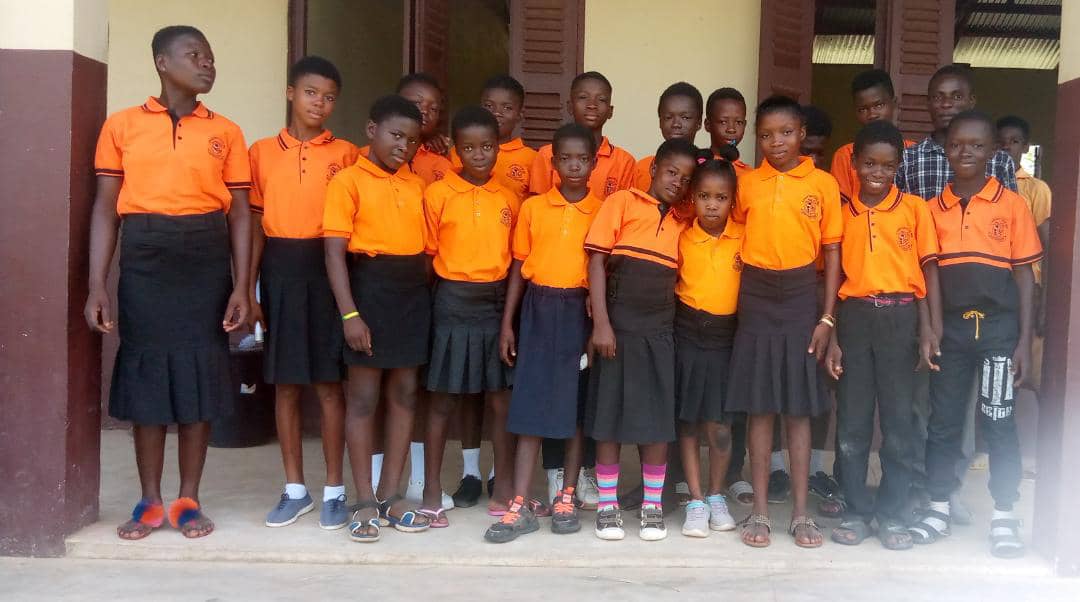
Agribusiness Club Provides School Uniforms
By Justice Amoka Sam
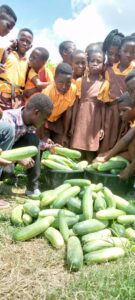
The SHI Agribusiness Club in Nyamebekyere helped pay for school uniforms.
Children in Ghana face different barriers in accessing basic education. Some of these include school fees, access to learning materials and books, and purchasing school uniforms. The government of Ghana introduced the Free Compulsory Universal Basic Education (FCUBE) programme in 1995 which promised universal education by 2005. However, the policy did not offset other significant costs, like those mentioned above.
Access to school uniforms by school children has been a major barrier to education, especially in rural areas of Ghana. Nyamebekyere, a rural community in the Atwima Nwabiagya Municipality of the Ashanti region of Ghana is not an exception. The community has an estimated population of about 1000. The community has one school with a student population of 145 from nursery to Primary 6 (relatively equivalent to preschool through grade 6 in the US education system.
According to the headmaster, 4 out of every 5 students have only one school uniform which they wear from Monday to Friday. This often means that uniforms become torn and worn out due to regular washing. If a student does not have a clean uniform to wear, they will often stay home from school that day. Absenteeism is a norm in the school and the situation affects teaching and learning activities. In addition, only students with clean uniforms are allowed to participate in activities in school such as educational tours, games, etc.
The SHI Agribusiness Club in Nyamebekyere has 28 members and none of them could fully pay for a new school uniform. The club produced vegetables as their project for the 2021 school year and earned over $170 USD in revenue. Matthew Kunadu, the club advisor, realized most of the members could not afford the new uniform and suggested to the members that they use part of their club’ income to support those who could not afford to purchase the uniform. The club agreed to support each member with enough to cover approximately half of the cost of a new school uniform (approximately $2.50 USD). Every member of the club now has a set of new uniforms. This will help curb student absenteeism among club members and ensure they can participate fully in their education. The club also has plans to support its members with exercise books and pens for the next academic year.
In an interview, Matthew said, “I think every one of us should have a free mind to study and none should be left behind. The issue of school uniform should not be a reason for absenteeism”.
Emmanuel Amoah, the headmaster of the school also reiterated the impacts of Self-Help International’s interventions on the school. He said, “ SHI’s school feeding Program and Agribusiness Club are having a great impact on the school, the students as well as the teachers. Students, teachers, and the entire community are learning good agriculture practices through the Agric Club and the students have proven that they can make good money to support their education and parents. The future is bright for them with SHI’s interventions, Kudus to Justice, and the club advisor for their unflinching support.”

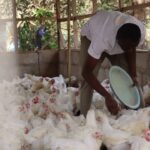 Previous Post
Previous Post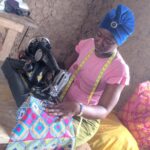 Next Post
Next Post